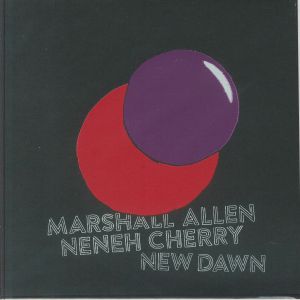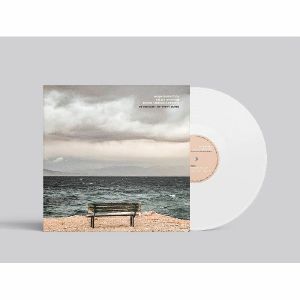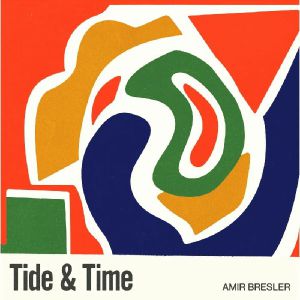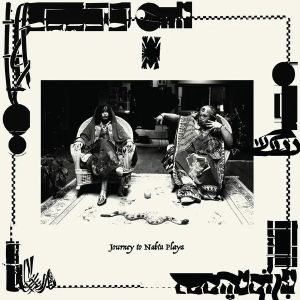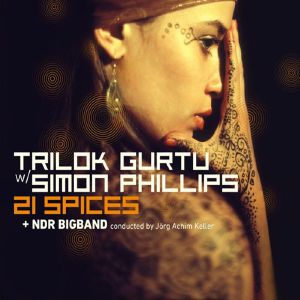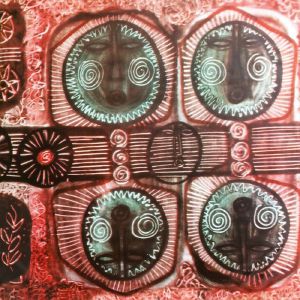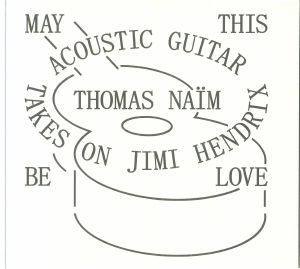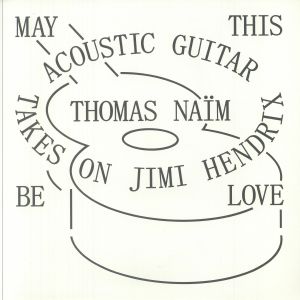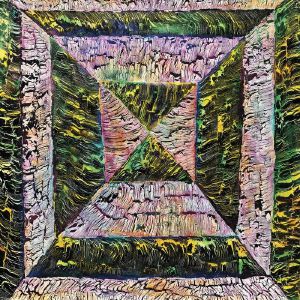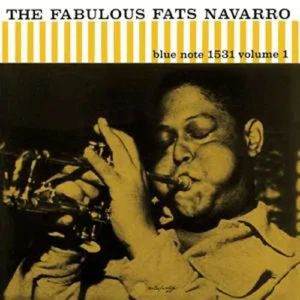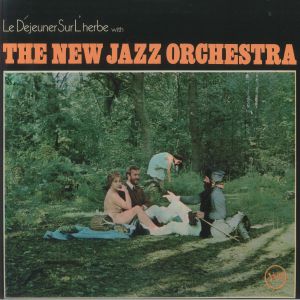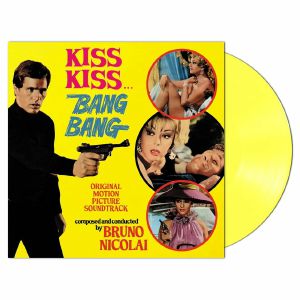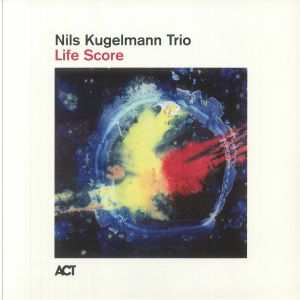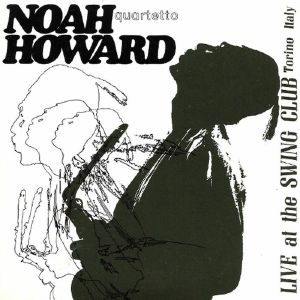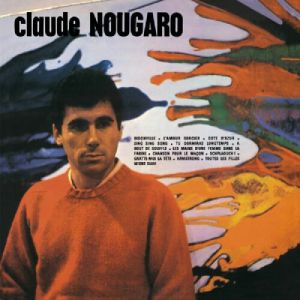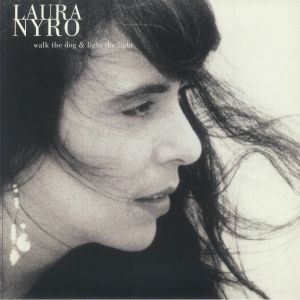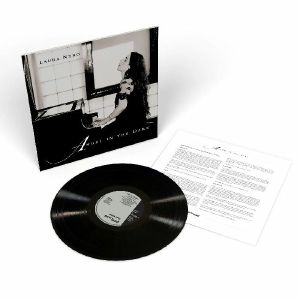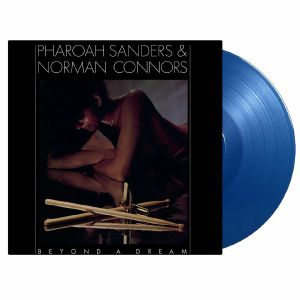Filter
Stock
Artist
Label
Featured
Release Title
Price
Back catalogue: Jazz
Juno's full catalogue of Jazz
Singles
Review: Making your debut release at 100 years old must be a feat that no-one's ever achieved before. This isn't just a novelty act. Marshall Allen remains a force of nature, and 'New Dawn' proves it. The lead single and title of his debut solo album is a subdued yet powerful statement, showing a different side to the legendary saxophonist who has shaped the Sun Ra Arkestra for over 70 years. Featuring Neneh Cherry, 'New Dawn' unfolds as a contemporary jazz odyssey, balancing Allen's signature cosmic energy with a deep, introspective warmth. His alto sax glides gently over the composition, offering space for Cherry's ethereal presence and the bright young talents surrounding him. On the flip, the instrumental edit allows Allen's playing to shine even more, revealing his intricate phrasing and the emotional depth behind every note. It's not the explosive free-jazz chaos of Sun Ra's wildest moments but a thoughtful meditation on time, legacy and reinvention. For a musician who has always looked to the future, Allen's 'New Dawn' is both a bold continuation and a fresh beginning. A special release for a special artist.
… Read more in stock $19.29
Álbumes
In Memory Of That Song (Record Store Day RSD 2025) (gatefold 180 gram white vinyl LP with obi-strip)
Cat: AESLP 002. Rel: 01 May 25
in stock $30.47
in stock $27.11
Journey To Nabta Playa (Deluxe Edition) (gatefold 180 gram vinyl 2xLP with obi-strip)
Cat: LPSPM 012X. Rel: 02 May 25
Review: Spiritmuse Records presents Journey to Nabta Playa, the dialogic result of Angel Bat Dawid and multidisciplinary artist Naima Nefertari, as they team up to honour the ancient Nubian astrological site of the same name. An ancient Neolithic site in Egypt's Nubian Desert predating Stonehenge, Nabta Playa incorporates a stone circle whose lithic configuration aligns with celestial events. Fittingly, then, this clash-of-titans record astrologises celestial electronics and divines ancestral predestinations, sewing a starry sonic tapestry - in Bat Dawid's terms "this is not just an album, it's a constellation". Picking up where Don and David Ornette Cherry left off with 'Bishmillah', and carrying out such further original, summative sonic burial and resurrection rites such as 'Black Stones Of Sirius' and 'Procession Of The Equinox', we hear a dance of featuring flute, clarinet, and vibraphone, and enraptured voice.
… Read more in stock $51.98
21 Spices (reissue) (limited 2xLP (comes in random coloured vinyl, we cannot guarantee what you will receive))
Cat: MIG 80013. Rel: 15 May 25
in stock $43.59
Nahuel Jazz Quartet (LP + booklet)
Cat: 64008. Rel: 02 May 25
in stock $50.87
in stock $15.94
in stock $21.80
Totality (LP in embossed-sleeve)
Cat: DC 860. Rel: 24 Apr 25
Review: A second joining of forces from two celebrated Chicago acts, blending deep, organic rhythms with a minimalistic electronic pulse. With the novel but logical addition of Jason Stein on bass clarinet, the collaboration stretches even further, pulling together the spiritual fluidity of Natural Information Society and the electronic minimalism of Bitchin Bajas. The first single, 'Clock no Clock,' is a deep dive into hypnotic rhythms, with guimbri grooves intertwining seamlessly with electronic bursts, flutes and organs. The other three tracks are equally compelling, the music unfolding like a living organism, constantly shifting but always grounded. Expansive, intricately woven sonic delights.
… Read moreIntérprete: Juno Recommends Rock/Indie
in stock $32.41
The Fabulous Fats Navarro Vol 1 (remastered) (UHQ-CD with obi-strip)
Cat: 652429 1. Rel: 16 May 25
in stock $17.88
Le Dejeuner Sur L'herbe (LP + insert)
Cat: AAR 111STEREO. Rel: 27 Mar 25
in stock $37.74
Kiss Kiss Bang Bang (Soundtrack) (Record Store Day RSD 2025) (clear yellow vinyl LP + insert)
Cat: VMLP 267. Rel: 19 Apr 25
Review: Definitely not to be confused with the 2005 Neo-noir US movie of the same name, Kiss Kiss Bang Bang was a 1966 Eurospy comedy directed by Duccio Tessari. The plot, which contains several genre tropes, revolves around a retired espionage agent who receives a death sentence after being caught trying to steal L1 million dollars. At the last minute, he's offered a reprieve, if he can steal a secret formula before terrorist Mr X does. We won't divulge what happens next, but as spy movies tend to, there are plenty of curveballs and red herrings thrown at us. Bruno Nicolai, a powerhouse of Italian cinema during this time, whose tracks have found their way into Quentin Tarantino's Kill Bill: Volume 2 and Once Upon A Time In Hollywood, delivers an archetypal score for this cinematic canon, packed with tension building percussive movements, swooning and sweeping string and woodwind pop, and even the odd gentle slow dance.
… Read more in stock $33.26
Life Score (180 gram vinyl LP + MP3 download code)
Cat: ACTLP 80151. Rel: 24 Apr 25
in stock $19.84
Cat: EWOC 08CD. Rel: 08 May 25
in stock $11.17
Claude Nougaro (remastered) (180 gram vinyl LP)
Cat: DGGF 24751. Rel: 15 May 25
in stock $42.20
Walk The Dog & Light The Light (limited numbered 180 gram audiophile silver vinyl LP + insert)
Cat: MOVLP 3827C. Rel: 02 Apr 25
in stock $35.21
Angel In The Dark (remastered) (Record Store Day RSD 2025) (180 gram vinyl LP + insert)
Cat: NEWLAND 012. Rel: 26 Apr 25
Intérprete: Juno Recommends Rock/Indie
in stock $36.88
Beyond A Dream: Live At Montreux Jazz Festival (limited numbered 180 gram audiophile blue vinyl LP)
Cat: MOVLP 3634C. Rel: 07 May 25
Review: Pharoah Sanders, the legendary saxophonist known for his spiritual jazz and drummer Norman Connors, another key figure in the genre, deliver a blistering live performance at 1978's Montreux Jazz Festival set. The duo, both with decades of experience shaping the sound of free jazz, blend complex rhythms with expansive melodies, weaving through tracks like 'Babylon' and 'Casino Latino.' Sanders' saxophone improvisations glide between tension and release, while Connors' drumming provides a solid yet dynamic foundation. This recording encapsulates their mastery of blending the spiritual with the free, two jazz icons at the height of their craft, delivering a performance that is at once urgent and transcendental.
… Read more in stock $32.41

 USD
USD






